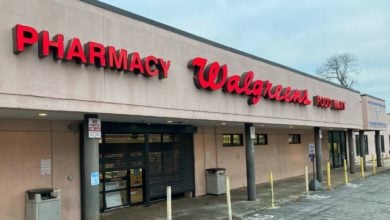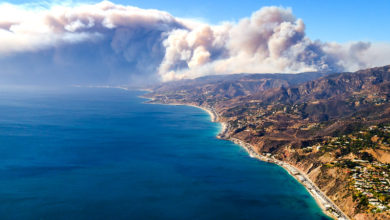At least nine people have died and more than 500 have suffered serious and painful illness in recent months due to salmonella-contaminated peanut products manufactured by the Peanut Corporation of America.
|
Two facts make the PCA case particularly outrageous. First, the company knew it was shipping a contaminated product to retailers. Second, so did the Food and Drug Administration—the federal agency supposedly in charge of ensuring the safety of food and pharmaceutical products.
In April 2008, a PCA food shipment to Canada was refused entry by Canadian food inspectors for having a “filthy, putrid or decomposed substance.” Due to the health hazard involved, the shipment was turned over to the FDA.
The FDA simply destroyed the shipment without testing it. Even worse, there is no record of any follow-up by the FDA with the company! No questions about how the Canada shipment became contaminated or whether other shipments were as well. Nothing.
A few months later came the salmonella epidemic in the United States. But that is not the end of the story.
It turns out that the PCA had hired a testing company in the fall of 2008 and that it knew the shipment that caused the epidemic had in fact tested positive for salmonella. Unhappy with the results of that test, PCA executives hired another testing company who gave its contaminated product a clean bill of health.
PCA shipped the product without reporting the positive salmonella test to the FDA. Nor was PCA required to do so under the law. In fact, the FDA often must go to court to get access to corporations’ food testing results.
It has now been revealed PCA shipped salmonella-positive products at least a dozen times in 2007 and 2008.
In reality, the FDA has never been a true guardian of consumer safety. But the de-regulation wave that swept the country under both the Clinton and Bush administrations has rendered it increasingly toothless. Its main role in recent years has been to assist the giant pharmaceutical monopolies in getting new drugs on the market as quickly as possible—regardless of dangerous side effects.
“Unfortunately, food safety hasn’t been … a high priority over the last decade or so,” said Michael Doyle, director of the Center for Food Safety at the University of Georgia on Jan. 31. “There has been erosion at (the Department of Agriculture) and the FDA, especially the FDA. Congress kept putting more and more on the FDA’s plate, but it didn’t appropriate more money. … The number of people in food safety has gone down dramatically over the last few years.” (Washington Post, Jan. 28)
On average, a U.S. food production plant is inspected only once every 11 years by the FDA. Instead, the FDA has increasingly relied on so-called “self-regulations” by the food companies. Self-regulation essentially means the industry is free to choose whether profits should trump public safety—a no-brainer for any corporate executive. Just how ineffective that is for protecting people’s health has been tragically emphasized by the PCA scandal.
As of this writing, no PCA or government officials have been charged with any crime.






